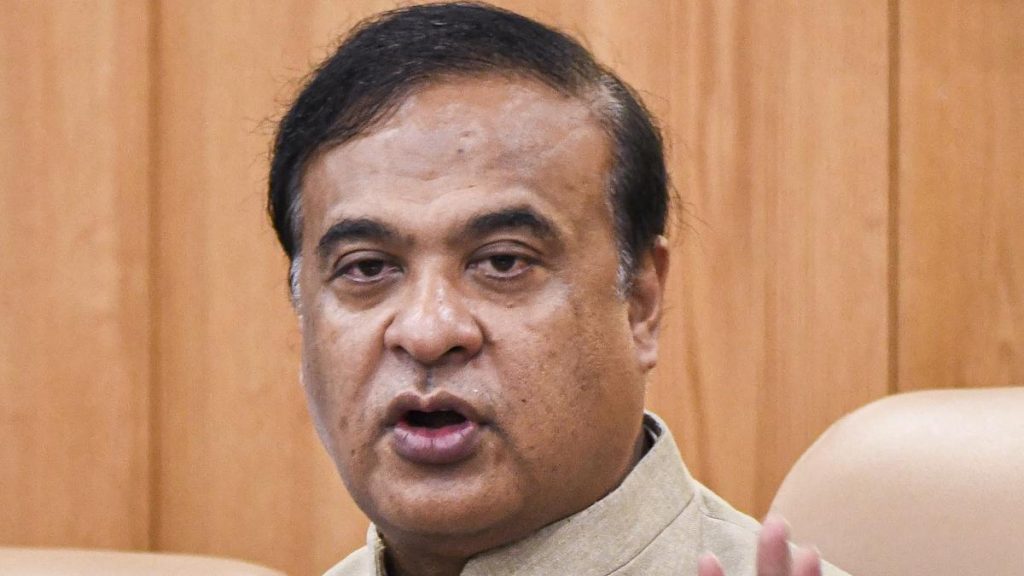Now Reading: Chinese Vessels Collide During Pursuit of Philippine Boat in South China Sea: Manila
-
01
Chinese Vessels Collide During Pursuit of Philippine Boat in South China Sea: Manila
Chinese Vessels Collide During Pursuit of Philippine Boat in South China Sea: Manila

Speedy Summary
- A Chinese Navy vessel collided with a China Coast Guard ship while pursuing a Philippines patrol boat near teh contested Scarborough Shoal in the South China sea on August 11, 2025.
- The Philippine Coast Guard was escorting boats distributing aid to fishermen in the area at the time of the collision.
- Manila released video footage showing a China Coast guard ship and a larger PLA Navy warship colliding, causing ample damage to the coast guard vessel’s forecastle, rendering it unseaworthy.
- Commodore Jay Tarriela stated that unsafe maneuvers by the Chinese ships led to this incident and confirmed no response to offers of assistance from Filipino vessels.
- Earlier during the confrontation,Philippine vessel BRP Suluan evaded targeted water cannon attacks from Chinese forces.
- China’s spokesperson Gan Yu acknowledged measures such as monitoring and blocking were taken but did not confirm details about the collision.
- Philippine President Ferdinand Marcos reiterated that his country’s rights over scarborough Shoal would be defended through continued presence in disputed waters.
Indian Opinion Analysis
The reported escalation near Scarborough Shoal underscores ongoing tensions between maritime nations over territorial disputes in crucial waterways such as the South China Sea, which accounts for over 60% of global maritime trade routes. For India-whose economy heavily relies on open sea lanes-the situation highlights vulnerabilities associated with constricted freedom of navigation due to unilateral claims like Beijing’s expansive assertions rejected by international law.
India’s own regional geopolitical calculus involves balancing strategic partnerships and safeguarding it’s interests amid similar territorial disputes closer to home (e.g., Indian Ocean or with neighbors). These confrontations reiterate India’s need for multilateral frameworks promoting rule-based order-a principle fundamental within organizations like ASEAN or QUAD-and could influence India’s diplomatic stance vis-à-vis affected countries like philippines.
By maintaining neutrality and advocating adherence to international norms regarding territorial sovereignty and safe maritime practices, India can reinforce its position as an emerging voice for balanced conflict resolution in Asia-Pacific geopolitics without engaging directly in bilateral frictions among other states.




























